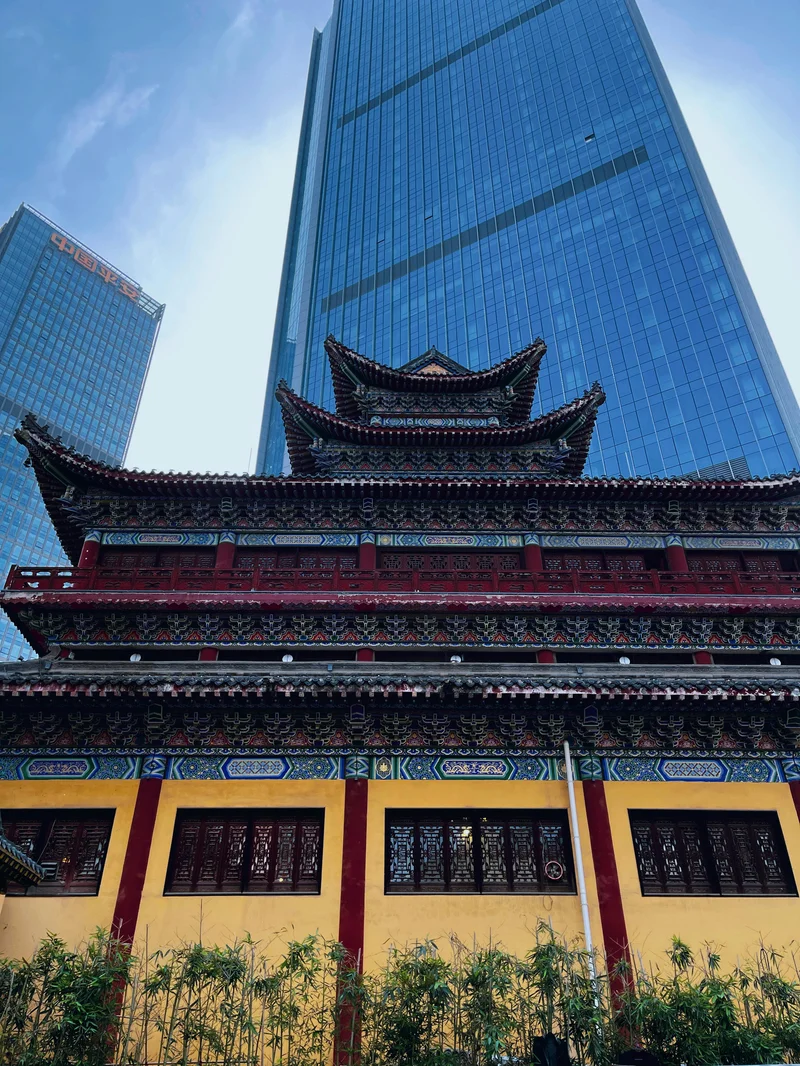Chongqing: Novel Drug Breakthroughs and Industrial Base Aspirations
China's Pharma Ambitions: Chongqing's Plan a Shot in the Arm or Just Hot Air?
Chongqing, that southwestern industrial behemoth, is making a play for the big leagues of pharmaceutical innovation. The city just rolled out a 25-point plan to become a novel drug development hub by 2027. Ambitious? Absolutely. Realistic? Let's dig into the numbers.
Decoding the Plan: Ambition vs. Reality
The headline goal – one to three new drugs approved annually by 2027 – sounds impressive. But let's break it down. China already has a crowded field of players chasing pharma gold. Chongqing, traditionally a manufacturing base, is a relative newcomer. Last year's approval of a Class 1 innovative drug for psoriasis was a significant win, sure, but one swallow doesn't make a summer. A Class 1 drug, according to the National Medical Products Administration, is a completely novel compound that's never been marketed anywhere else. So, what makes Chongqing think they can consistently churn these out? Is there something in the water, or just a lot of government funding?
The plan also calls for building three innovative drug industry clusters. Clusters are great – they foster collaboration and knowledge sharing. But they also require serious investment and, more importantly, talent. Are there enough skilled scientists and researchers in Chongqing to staff these clusters and drive innovation? The plan mentions support for enterprises, research institutes, and universities. That's good, but support isn't the same as a proven track record. Funding is important, but infrastructure and talent are more so. What specific incentives are being offered to attract top-tier researchers from, say, Shanghai or Beijing?
And this is the part of the report that I find genuinely puzzling. The document doesn't explicitly state how Chongqing intends to achieve these goals. There's talk of "optimising the industrial innovation system," but that's vague. What specific reforms are planned? What regulatory hurdles are being addressed? The devil, as always, is in the details.
The Broader Context: China's Sci-Tech Push
Chongqing's plan is part of a larger national push for scientific and technological self-reliance. Proposals for the next five-year plan (2026-2030) include accelerating this drive and supporting innovative drug development. This national backing gives Chongqing a tailwind. Other cities, like Hefei (electric vehicles), Shenzhen (AI), and Hangzhou (AI, robotics), are also vying to become innovation hubs. This raises the stakes. Chongqing isn't just competing with established pharma giants; it's also competing with other Chinese cities for resources and talent.

The article mentions Chongqing is traditionally manufacturing-driven. This is a critical point. Shifting from manufacturing to biotech research requires a fundamentally different mindset and infrastructure. It's not just about building labs; it's about fostering a culture of experimentation, risk-taking, and intellectual property protection. Can Chongqing make that leap? According to China’s southwestern industrial base eyes breakthroughs on novel drugs, Chongqing is aiming for breakthroughs in novel drugs.
A Thought Leap: How Was This Data Gathered?
Before we take this plan at face value, it’s worth questioning the source. This is a municipal government announcement. Government announcements are rarely unbiased. They're designed to project confidence and attract investment. We need to see independent data on Chongqing's existing biotech capabilities, R&D spending, and talent pool to get a true picture. How much of this is genuine progress versus aspirational rhetoric?
The plan is a 25-point document. That's a lot of points. Are they all equally important? Are some just window dressing? A more focused plan with fewer, more actionable goals might be more effective. (A tight, aggressive, 5-point plan gets more done.)
More Hype Than Hope?
Chongqing's pharma ambitions are bold, no doubt. But the plan lacks concrete details and relies heavily on vague pronouncements. While national support is a plus, the city faces stiff competition and a significant transition from manufacturing to biotech. Without more transparency and a more focused approach, this plan risks becoming just another example of overblown promises and unfulfilled potential.
It's a start, maybe. But a very long road ahead.
